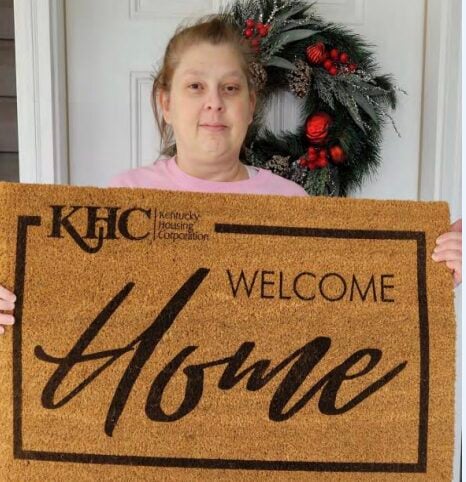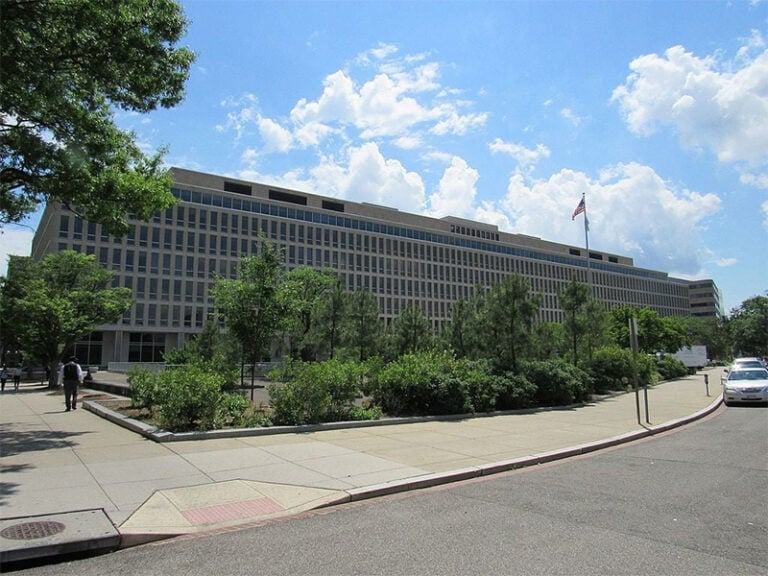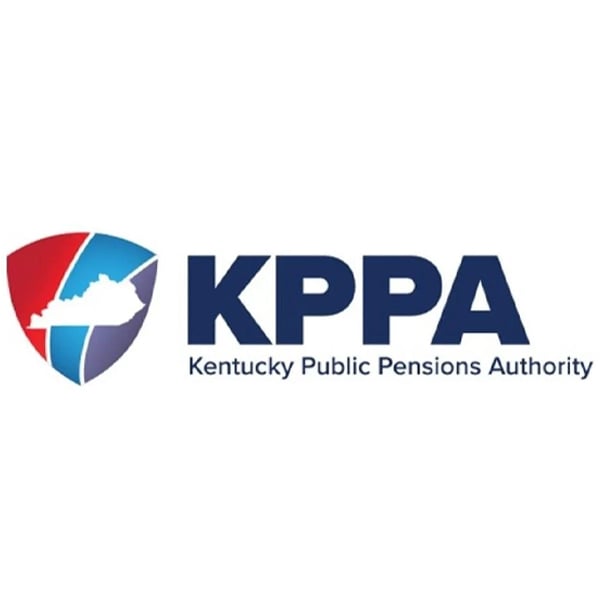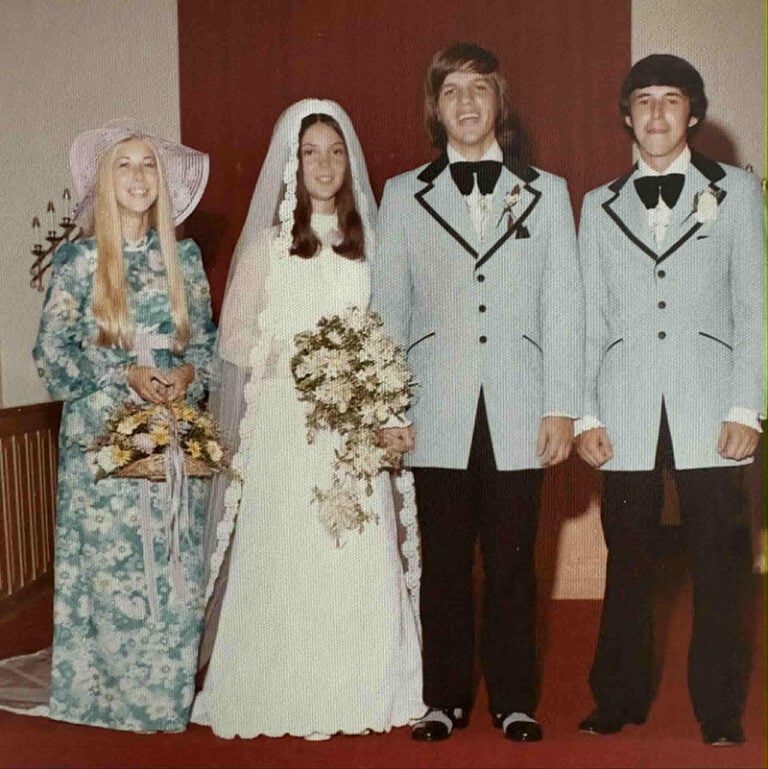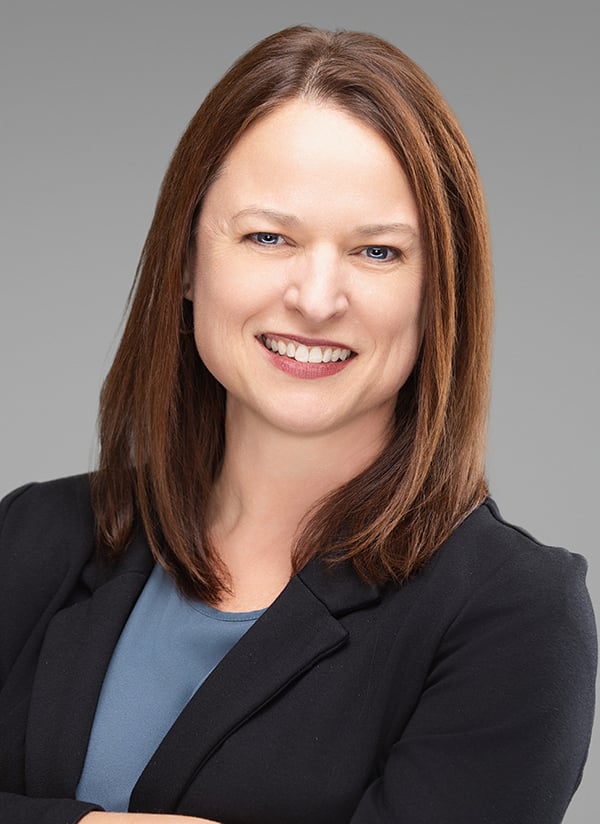The Sixth Circuit Court Ruling: What Does It Say?
Every kid needs a family and a safe place to call home. When kids can’t live safely with their parents, the next best alternative is to live with a family member. Placement with relatives and close family friends reduces the trauma of separation and sets kids up for a brighter future.
On January 27, 2017, the Sixth Circuit Court ruled that the Cabinet for Health and Family Services (Cabinet) must provide foster care maintenance payments to “approved” relatives caring for children placed by the Cabinet, affirming that core belief in the importance of family. The ruling had been appealed, but in October 2017, the U.S. Supreme Court denied the request to hear the case, which means the Sixth Circuit Court’s ruling stands.

As child advocates, we want to help connect relative caregivers with places to get answers on the court ruling. Find general information below.
1) What does this ruling say?
This ruling says that approved relative caregivers (without permanent custody) of children placed by the Department for Community Based Services (DCBS) may be eligible for foster care payments if they meet certain criteria.
2) Who does this ruling not apply to?
This ruling does not apply to situations where children are with a relative caregiver informally, which means DCBS did not remove the child from the parent and place the child with the relative. The ruling also does not apply to situations where a relative caregiver has permanent custody of a child.
3) How does the ruling affect the Kentucky Kinship Care Program?
This ruling does not directly affect the Kentucky Kinship Care Program. If you are part of that program, a child was placed in your care by DCBS, and you don’t have permanent custody, you may be eligible for a foster care maintenance payment to help cover the costs of the child’s living expenses.
4) I am taking care of my relative child who was placed with me by DCBS. What do I do?
If you are caring for a relative child and believe you may be eligible for these payments, contact your social worker and keep a record of your communication. The Kinship Support Hotline (877-565-5608) may also have helpful information.







